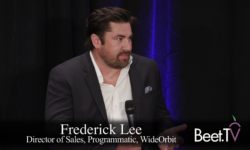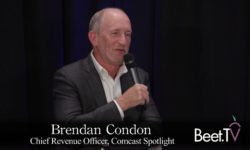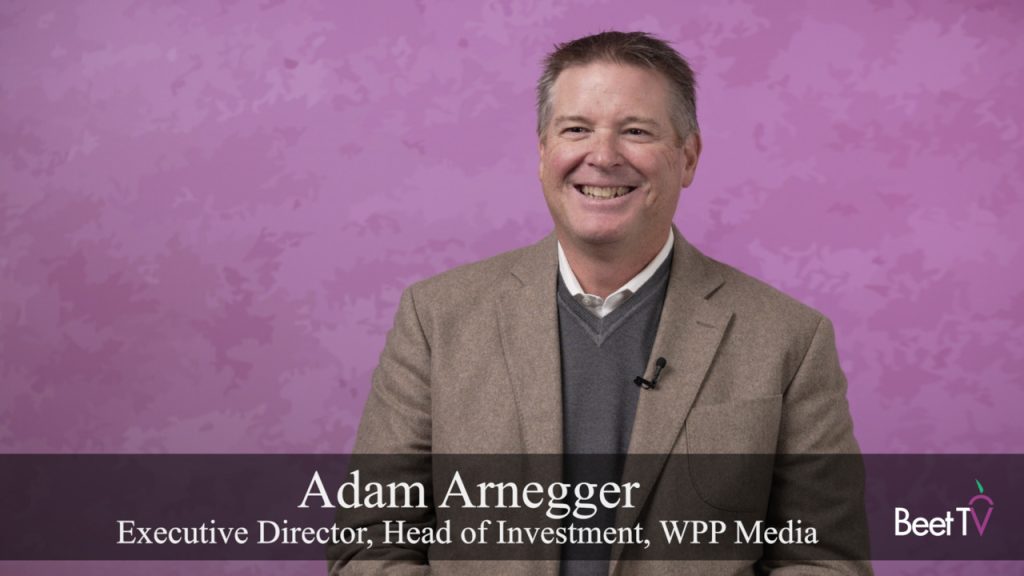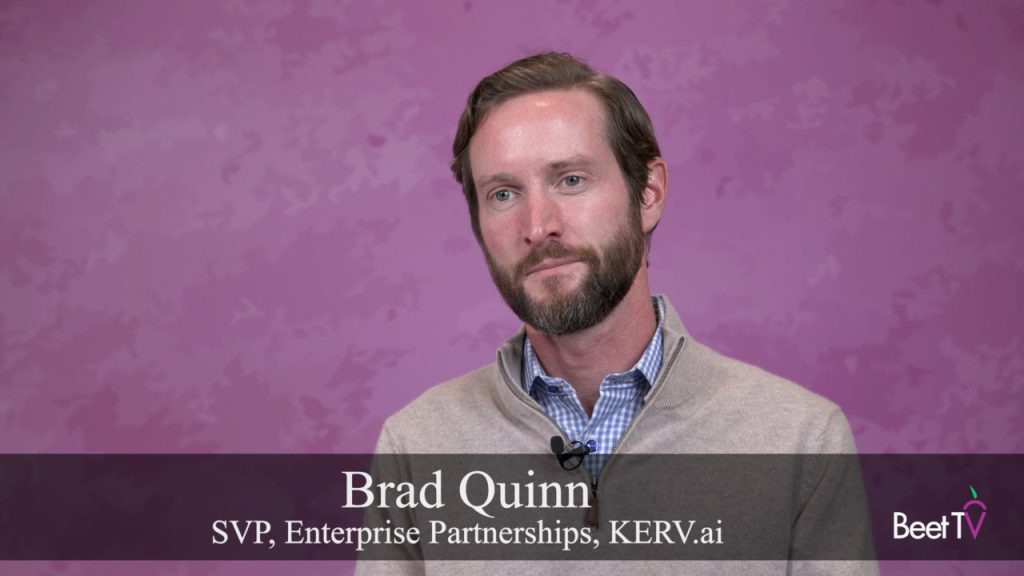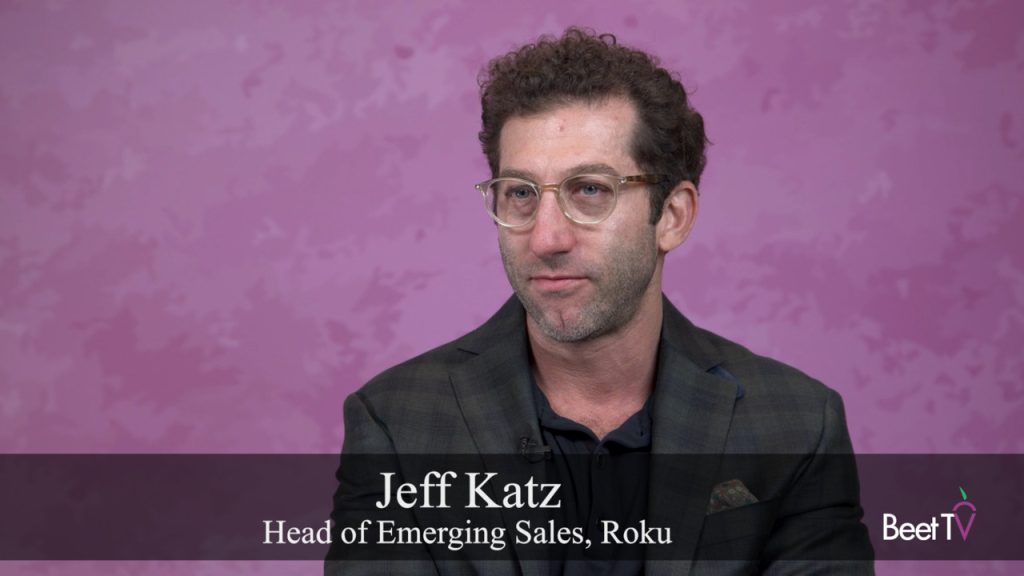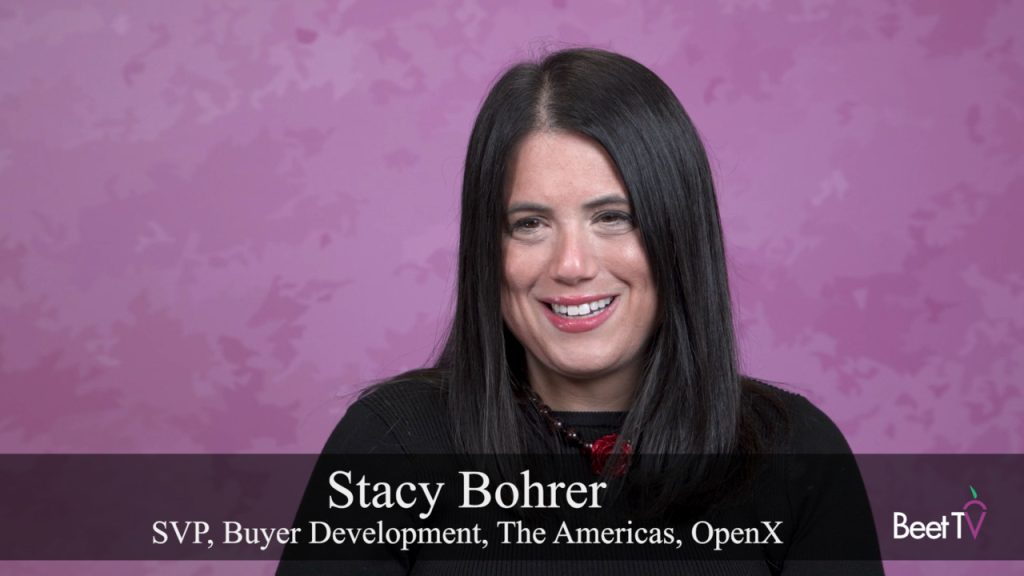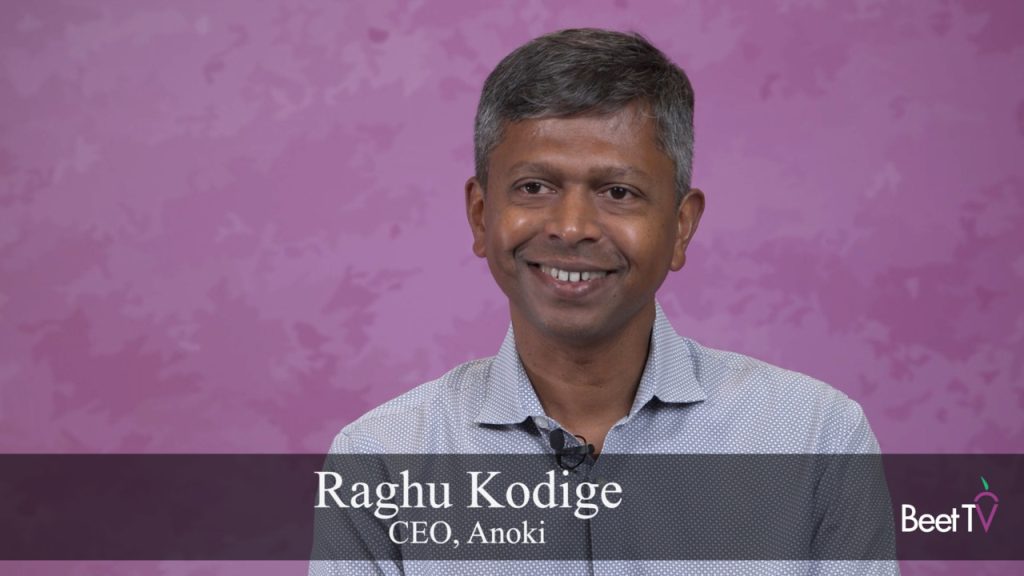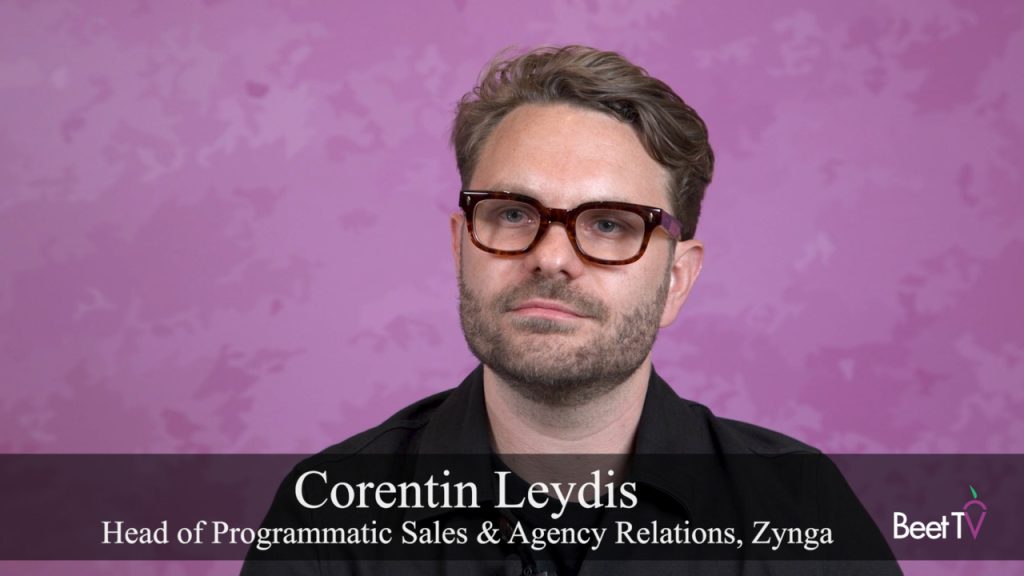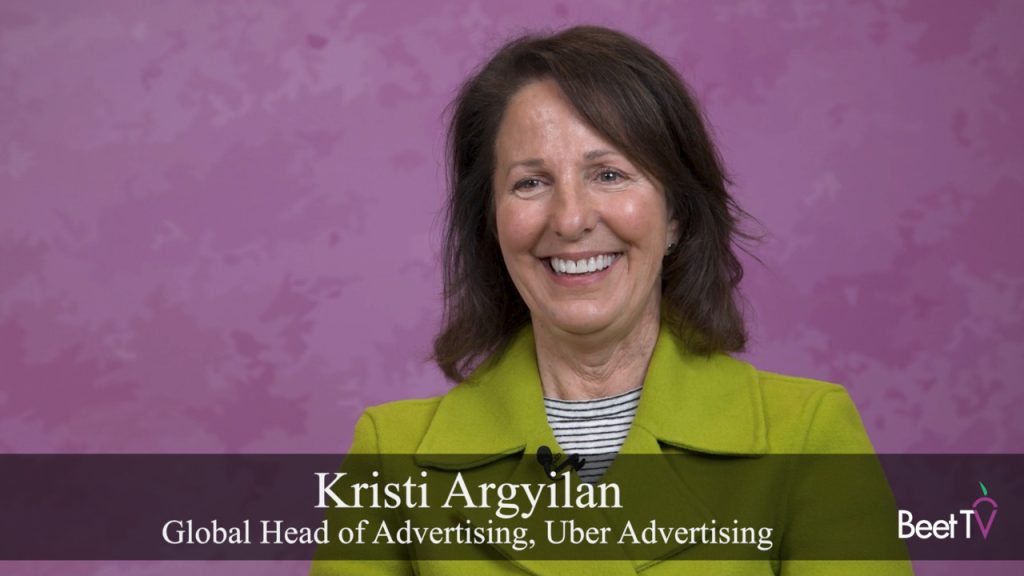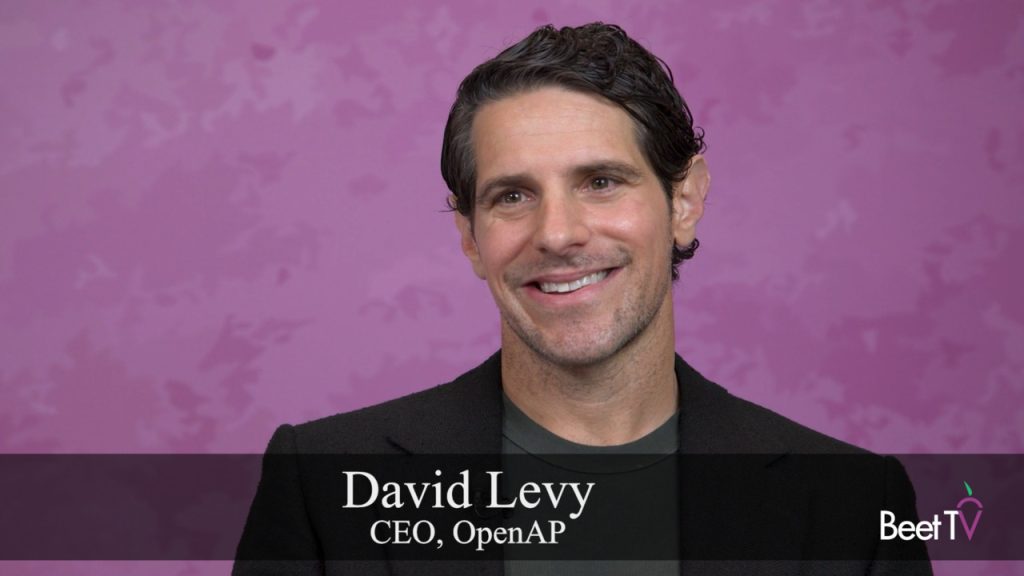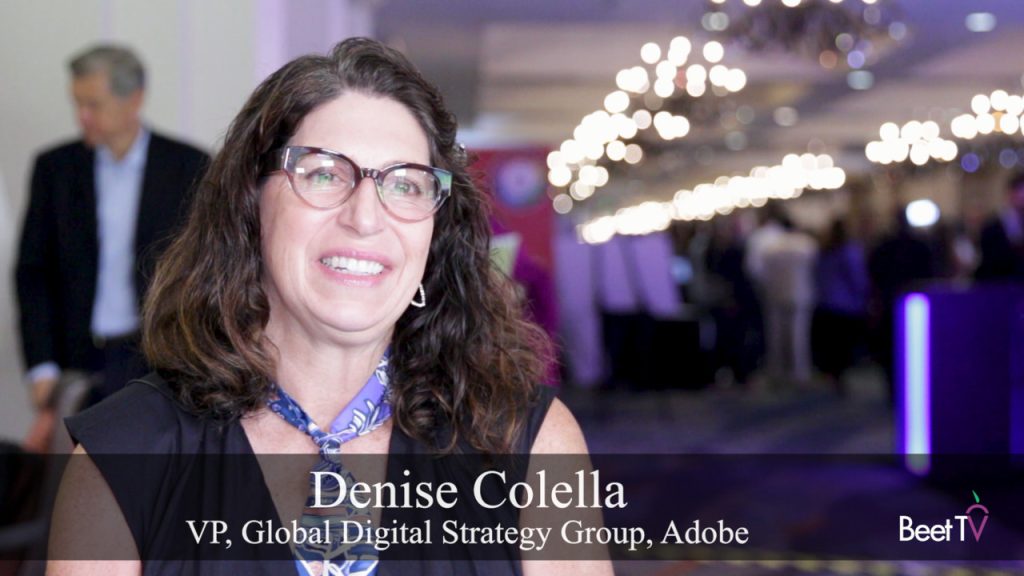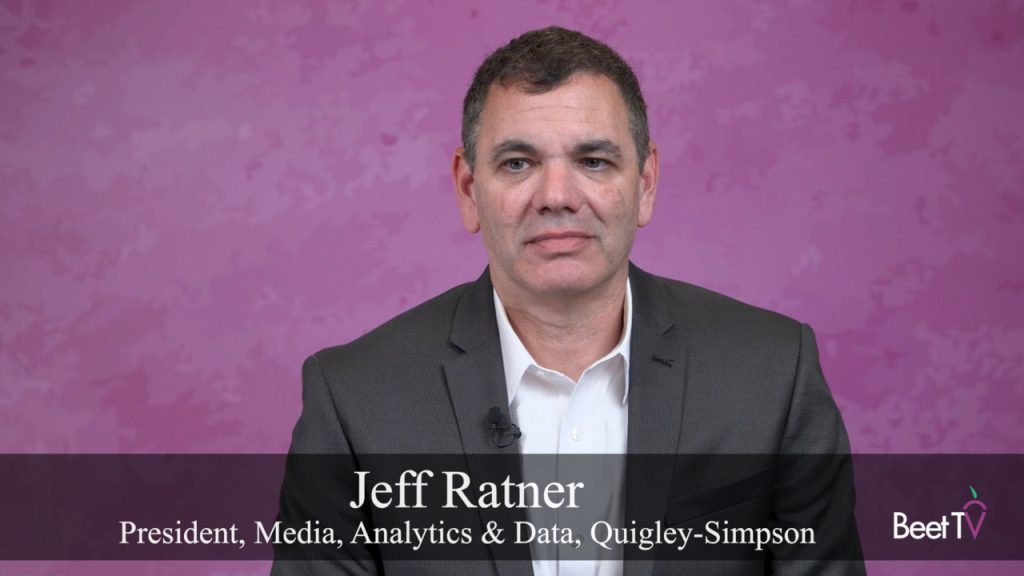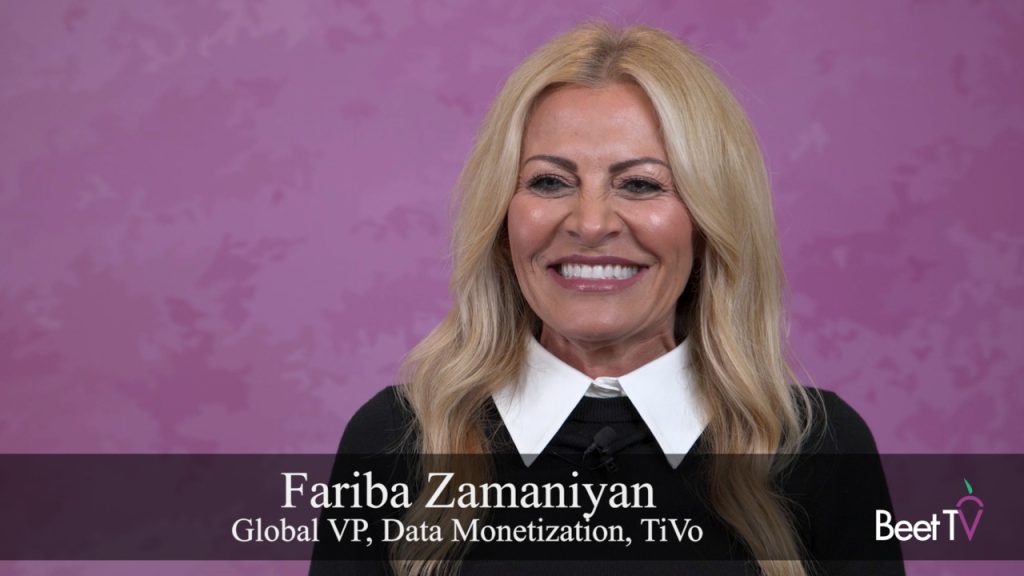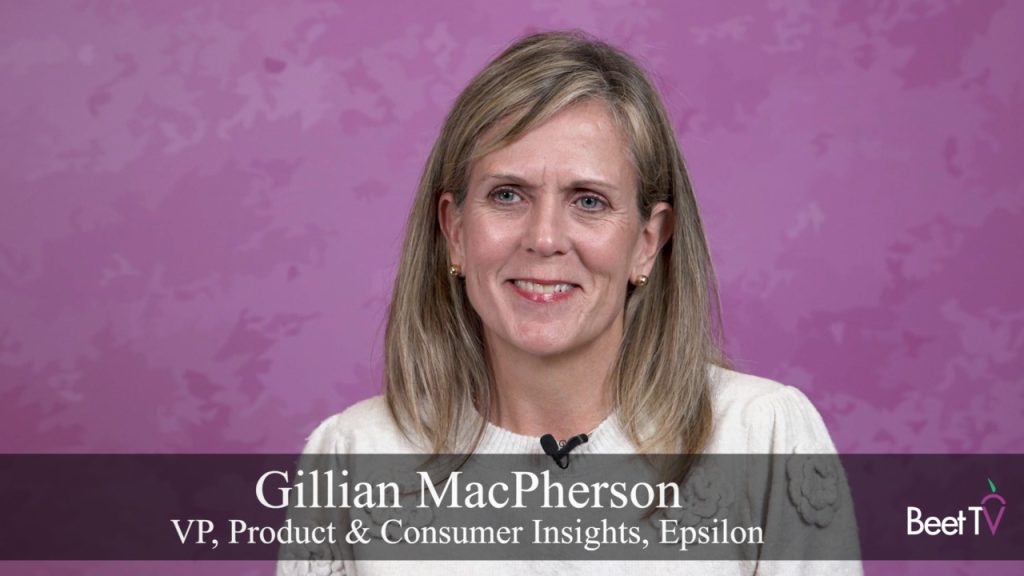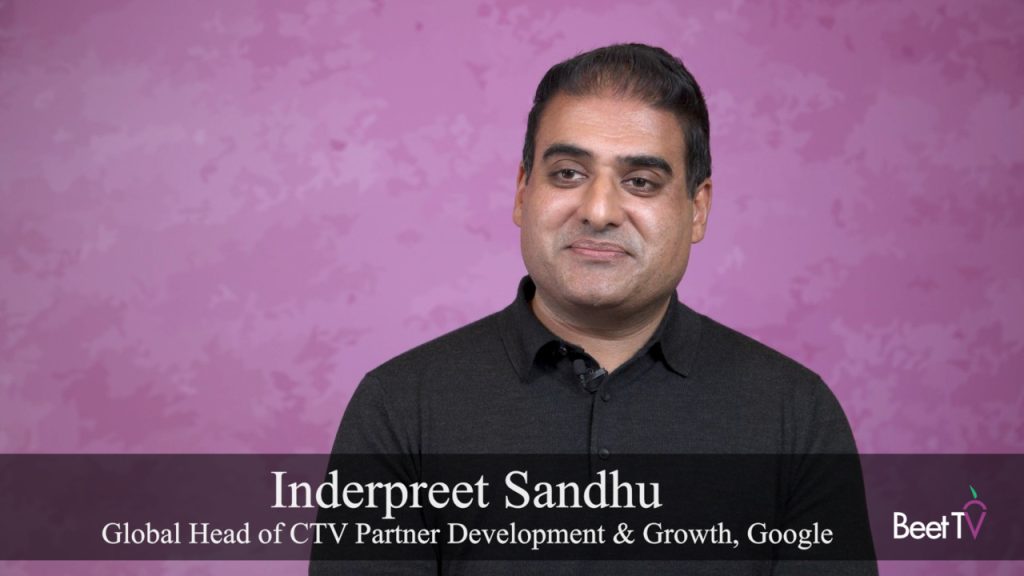Pumped up by the foundational waves of programmatic and digital measurement, many advertisers in the last couple of years have pushed publishers to price their ads based on real business outcomes.
After a recognition that proxy metrics like “clicks” didn’t necessarily translate in to real goals, like sales, certain publishers and even TV operators are now doing just that, offering “guaranteed” outcomes in return for ad spend.
But, is “outcome”-based pricing really effective?
In this panel discussion Beet Retreat in the City, “We’re Going Local!”, Joe Marchese, Attention Capital CEO, and Joanna O’Connell, Forrester Research principal analyst, poured suspicion on the new trend in ad pricing…
Input over output
“I don’t believe ROI is actually the input for advertising, ROI is an output,” Marchese said. “The ROI is what you seek. You don’t get to buy ROI.”
O’Connell concurred. “I get very nervous when I see people moving to these very outcomes-based models, and I just think, ‘I think you’re missing something really important and I’m not sure you totally know it’, and that makes me super nervous.”
Marchese replied: “Here’s what I don’t understand about outcomes. Aren’t they working (both) with Ford and Toyota? Like, which one (brand) are they promising the outcomes to for real? Outcomes are possible on a relative basis.”
Fake outcomes
Marchese and O’Connell voiced concern that, in the new push to offer outcomes-based ad pricing, some on the sell side may be constructing an incorrect causal link between an advertising exposure and real business health.
Marchese said he suspects “spoofing of ROIs and the mis-attribution and reverse engineering” are gathering pace.
“How do these brands that are collapsing keep getting ROI reports that say it’s working?,” he asked the conference.
Attention beats data
Marchese is the former CEO of true[X], the ad-tech company that seeks to make TV ads more engaging to viewers through interactivity, incentivising them to trade that engagement for lower ad volume. Now he has launched an investment firm called Attention Capital , which has taken a controlling stake in the Tribeca Film Festival and plans further investments.
“Data’s a good thing, but we have wildly swung too far,” he told O’Connell. “Attention is more important than data.
“You think we incept human beings? You think your consumers are that dumb that they weren’t going to go eat that thing and then you put it in front of them? (Rather), it’s a build over time.”
Data’s ad crimes
Marchese said modern advertising had the power to play a wider part in consumer conversations than even content these days, because the latter is so abundant and because viewers are no longer all viewing at the same time. But he criticized the culture that data-driven thinking had infused in advertising.
“We had perverse incentives that said ‘We need more impressions, they don’t have to be good or bad, we just need more of them’.
“We had really bad measurement. It was binary – ‘it either is or is not an impression’ – rather than some sort of gradient. And we kind of looked past the fraud and we had an over-belief that data would solve everything.”
This video is part of a series from the Beet Retreat in the City, “We’re Going Local!” hosted by GroupM Worldwide and sponsored by Amobee, Comcast Spotlight, TVSquared and WideOrbit. Please visit this page for additional segments.







